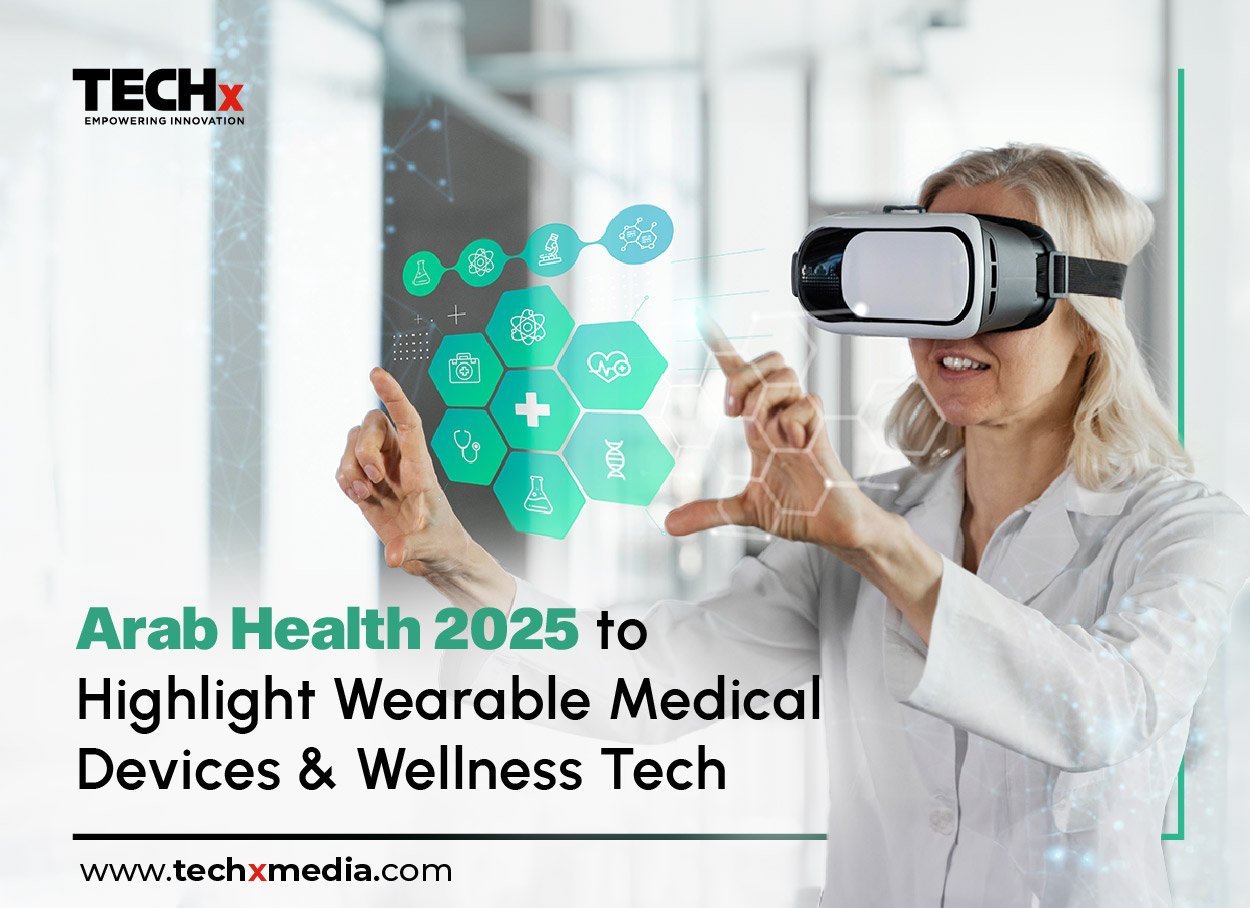12 January 2025, Sun |
4:38 PM

The data by SPER Market Research has highlighted a Compound Annual Growth Rate (CAGR) of 18.1% between 2024 and 2033 and includes technologies such as smartwatches, fitness trackers, wearable ECG monitors, insulin pumps and continuous glucose monitoring devices, all designed to collect information about vital signs, physical activity, sleep patterns and blood glucose levels, among others. Globally, the market is expected to reach upwards of US$151 billion by 2029, according to BCC Research.
A range of factors are contributing to the growth, including the increasing prevalence of chronic lifestyle diseases and the ageing global population. Increased investment in cost-effective solutions for preventive care, early detection, and disease management are being supported by wearable devices, reducing the need for hospitalisation and promoting better health outcomes.
In addition, the vast technological advancements in wearable devices, from sensor technology to connectivity, have resulted in better real-time alerts and seamless smartphone integration, increasing the popularity amongst potential users.
Ross Williams, Senior Exhibition Director, Informa Markets, said: “The wearable medical device market became prominent during the COVID-19 pandemic where gadgets could monitor vital signs and symptoms remotely, reducing, and in some instances, negating the need for in-person consultations. Since then, we have seen the technology become more innovative and more reliable to the extent that healthcare professionals will soon be able to create an accurate treatment plan exactly when required, based on the data collected from patient wearables.
“Arab Health 2025 will deep dive into the next-gen wellness wearables and the latest innovations and new technologies in the market, and the impact these are having on patient care and the improvement of daily lifestyles.”
The wearables market will be discussed as part of Arab Health’s new Eco-Sphere zone, where the two-day World of Wellness conference will spotlight revolutionary developments in longevity, mental health solutions, nutrition and wellness, biohacking, and sustainable wellness practices, led by Alyaa Al Mulla, the Founder of Longevity, a newly established public policy think tank in the UAE. A series of presentations from forward-thinking innovators will address the power of wearable devices, telemedicine and other wellness tools.
A range of speakers have already been confirmed, including Sergey Young, longevity investor and bestselling book author, who will provide the opening keynote: Wellness in 2050 – A vision for the future, said: “We are on the brink of a transformation in human health and longevity. With groundbreaking advancements in science and technology, we’re building a future where living longer and healthier lives is within everyone’s reach – a vision that redefines what it means to be human by 2050.”
Other speakers include Dr. Federico von Son, Longevity Medicine and Genome entrepreneur, Joanne Sadier, Senior Health Specialist, Dubai Health Authority, Glen Hagemann, Director Wellness and Personalised Medicine, Mediclinic Middle East, and Cedric Betis, Member, Dubai Future Council on Health & Wellbeing, Wellness advisor, Dubai Future Foundation, Founder and CEO, Becan Wellness Consultancies.
The Zone will also feature the Healthcare ESG Forum, designed to provide healthcare executives with the knowledge to develop strategies around the challenges and opportunities of environmental, social, and governance (ESG) in healthcare. Several experts will share their insights on how they are shaping the future of sustainable healthcare.
Celebrating its 50th edition when it returns to the Dubai World Trade Centre (DWTC) from 27 – 30 January 2025, Arab Health will take place under the theme ‘Where the world of healthcare meets’ attracting an international audience with several new show features showcasing the groundbreaking innovations shaping the future of healthcare.
The 2025 edition is expected to draw more than 3,800 exhibitors and more than 60,000 visitors due to increased floor space.
Arab Health 2025 will be supported by various government entities, including the UAE Ministry of Health and Prevention, the Government of Dubai, the Dubai Health Authority, the Department of Health, and the Dubai Healthcare City Authority.